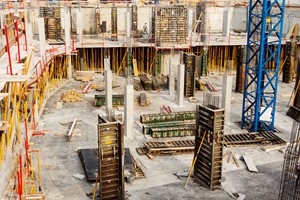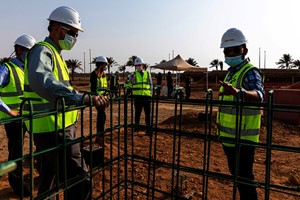The Department of Rural Roads in Thailand has made a significant stride in sustainable infrastructure by successfully incorporating recycled plastic into road construction. This development aligns with Thailand's ambitions for achieving net zero-waste.
In 2019, the department initiated a pilot project that involved building over 6 kilometers of roads using a mixture of recycled plastic and asphalt concrete. According to director-general Apirat Chaiwongnoi, these roads underwent thorough testing and met all necessary standards set by the department’s research and development office.
“Using plastic waste as a raw material in the construction of roads could potentially reduce 5 tonnes of plastic waste for every kilometre of road built,” Apirat stated. “This could revolutionise the standard of building infrastructure, as it will help minimise environmental impact through the use of recyclable materials as well as reducing energy usage.”
The success of the initial project has prompted the department to extend the use of this innovative material. Plans are underway to repair a 3-kilometer stretch of Highway No 3140, which leads to Nakhon Ratchasima Airport from the province’s Muang district. Work on this project is set to begin before the end of the current fiscal year.
Apirat emphasized the dual functionality of this new material, noting, “This new material can be used to construct roads as well as repair damages. With wider usage of plastic in roads, we hope to see communities and enterprises joining the effort by sorting out their waste and providing us with raw materials for roads made of plastic mixed with asphalt.”
The recycled plastic road project was launched in 2018 through a collaborative effort involving the Department of Highways, the Department of Rural Roads, SCG, Dow Thailand Group, and Chiang Mai University.











